
Of course, the big decision that everyone is focusing on is the gay wedding cake case- Masterpiece Bake Shop vs. Colorado Civil Rights Commission (CCRC). Before we get to that, they also released three other decisions. First, the other decisions.
In a case of statutory interpretation involving sentencing guidelines, the Court ruled unanimously in a decision authored by Justice Alito that the petitioners do not qualify for reduced sentences because their sentences were not based on the lower ranges, but instead based upon the mandatory minimums and their assistance to the government. In short, this case revolved around the words “based on.” In relation to the specifics of this case, the Court decided that defendants who received lower mandatory minimum sentences because they helped the government are not eligible for lower sentences if the guideline range is later changed.
The second case, decided 6-3 and authored by Justice Kennedy, also relied upon sentencing guidelines and the words “based on.” However, in the case of Hughes vs. United States, the Court was presented with a sentence “based on” not only the guidelines but also a plea agreement. In this case, the Court determined that a defendant who entered into a plea agreement can benefit from later enacted sentencing reductions IF the court relied upon those sentencing guidelines when meting out the punishment.
In Lamar, Archer and Cofrin, LLP vs. Appling, the Court in a 9-0 decision given by Justice Sotomayor, determined that “single asset statements” qualify as statements regarding a debtor’s financial condition in bankruptcy proceedings.
That brings us to Masterpiece Bake Shop vs. CCRC, the gay wedding cake case. In a 7-2 decision given by Justice Kennedy, perhaps the delay between argument and the decision announcement (argument heard on 12/5/17; decision announced 6/4/18) was not so much about the controversial nature of the case and more about the legal hair-splitting engaged in to reach this decision. No doubt, this case is hardly a serious affirmation of the First Amendment’s Free Exercise Clause and more of a go-out-of-your-way decision to hone in on the specifics of this case. If anyone expected the Supreme Court to announce a definitive statement in favor of the Free Exercise Clause, they will be upset.
Instead, Kennedy looked at the record and essentially retried the lower court, CCRC and AJL actions and determined that all had essentially disregarded Masterpiece Bake Shop’s legitimately held beliefs. Kennedy goes out of his way to cite the record of the CCRC’s animus to religiously held beliefs and contrasted them against that same commission’s holdings in secular-held beliefs. In fact, Kennedy and many of the concurrences note that the public record of this case basically dictated the outcome. But as Alito, Thomas and Gorsuch argue- while agreeing with outcome- a case will likely revisit the Court where there is not such an egregious and public disregard for religiously-held beliefs in this context.
For example, Kennedy hones in on the specifics of the case and the apparent animus the CCRC showed towards Jack Philips, the owner of the bake shop. Further, he notes that the “offense” occurred in 2012, which was before Obergfell and before Colorado recognized gay marriage. What is to happen if an administrative body metes out punishments without the overt animus on the record? What about similar cases where public accommodation laws impinge upon the Free Exercise Clause post-Obergfell? Kennedy’s lack of constitutional authority makes future cases more likely rather than settling an important issue. In fact, one can venture that lower courts will likely disregard this decision when it comes to guidance since Obergfell is now “the law of the land.”
After the decision was announced, the gay couple stated:
…no one should have to face the shame, embarrassment, and humiliation of being told ‘we don’t serve your kind here’ that we faced.
This hyperbole defies facts. How they get shame, embarrassment and humiliation out of a 20-second interaction is beyond the pale. Philips never said anything of the like about “not serving your kind” and by most accounts never turned away a gay customer. It was in this single instance- a refusal to make a gay-themed wedding cake- the gay couple finds offensive to “their kind.” He even offered to make the cake and allow them to have it decorated elsewhere. Ironically, the gay community had no qualms against inflicting shame, embarrassment and humiliation upon Philips.
And while the CCRC clearly showed an animus towards Philips’ religious views and even questioned their sincerity in over-the-top comparisons to the Holocaust, Kennedy’s recitation of these facts adds no constitutional clarity nor does it exhibit any moral courage in dealing with the issue. He could have written a one-sentence opinion saying “We rule we think Philips got a bum rap in this single case” and you would have the gist of the opinion.
While Philips may have been granted relief in this case since he faced the possibility of fines, loss of his business license and mandatory sensitivity training, others with equally held religious beliefs were offered no comfort. To many, there may be two options: conform or seek a new line of employment. Sadly, the gay couple had more options when choosing a baker for a wedding cake.




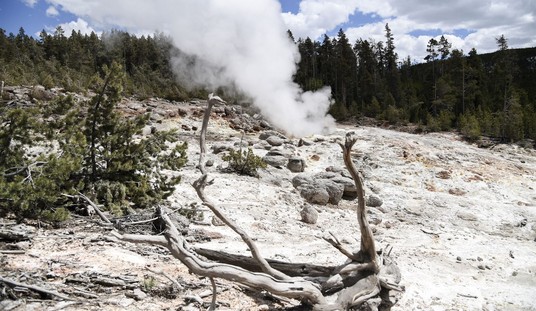

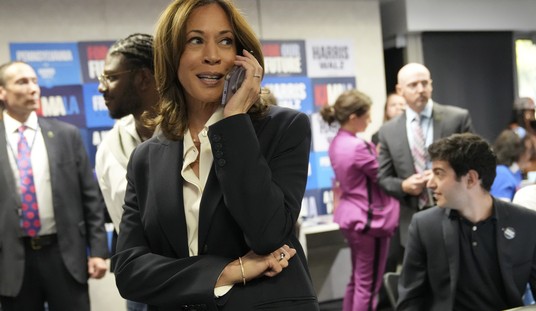
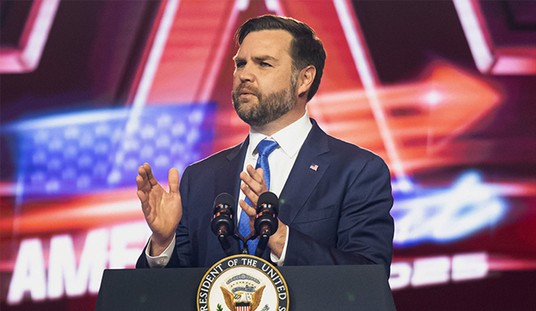

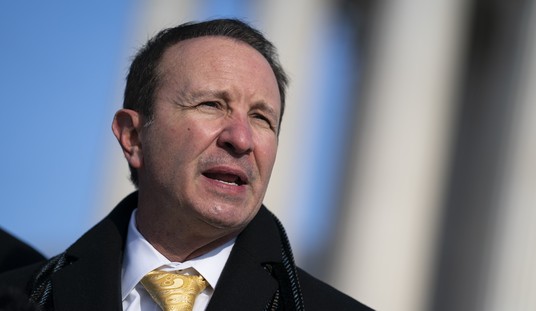
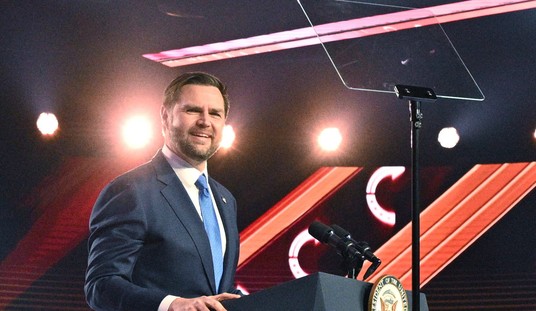

Join the conversation as a VIP Member